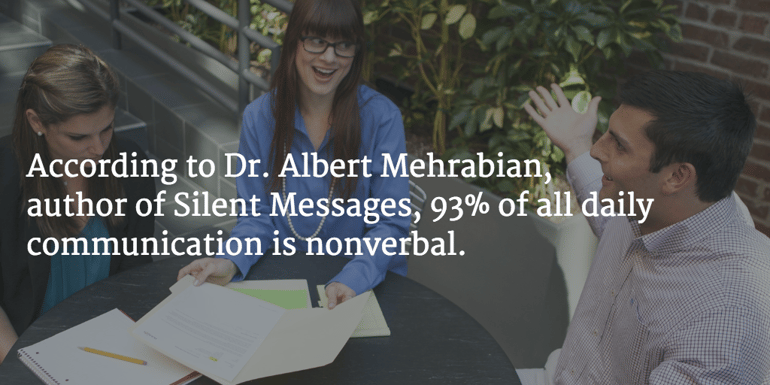By Bridgette Borst
What makes a media interview unsuccessful? Failing to build and deliver effective, messages and/or not understanding the media— can all hurt your credibility. It’s so important to learn the ins and outs of media interviews and adopt best practices that will put your brand’s best foot forward. In this post, we specifically highlight what not to do in media interviews.
1. Using jargon
As cleantech professionals, we use a never-ending list of acronyms and shorthand. We’ve all done it, right? Words and phrases such as, “CPP,” “PTC” and “EE” are simply part of our daily conversations, but to the “average Joe” not in our industry (or someone starting out in the sector), it can pretty much sound like alphabet soup. Unless you’re giving an interview to an energy and environment reporter who is fluent in the lingo, it’s best to use the full names of organizations, specific policies, industry technologies, etc. - not industry jargon.
2. Repeating a negative question or comment
This can potentially get you in BIG trouble, friends. For example, say a reporter asks, “Does your solar company kill jobs?” You can answer by saying, ”Solar energy creates jobs. In fact, my company employs X number of people.” If you answer, “My solar company doesn’t kill jobs,” the headline could easily read, “Bridgette’s solar company denies killing jobs.” It’s important to always remember to bridge from the reporter’s question to your answer (or “talking points”). Bridging is a great lesson to learn – more on this later, stay tuned!
3. Verbal fillers
While a few “likes,” “ums” and “ughs” sprinkled throughout your speech is fine, if they litter your speech then they become distracting – especially in broadcast interviews. One way to undo this bad habit is to record yourself talking about anything, then playback the video and count how many times you used a verbal filler. Your ears will become more attune to verbal fillers and with practice, you can kick ‘em to the curb.
4. Saying “no comment”
When you say "no comment," it sounds like you’re hiding something or you just don’t know the answer (and neither one makes you look good). It’s your job to anticipate difficult questions and prepare for them. You cannot control the questions, but you can control the answers. This post by Mr. Media Training offers six ways to answer a question that stumps you.
5. Not researching the reporter and media outlet
It’s important to learn the reporter’s focus of the story beforehand so that you can better prepare for the interview, though this isn’t always possible. Either way, do your research on the reporter’s beat and review their recent news stories so that you can get more familiar with their writing style and interests. Do your homework on the media outlet too! You may also want to start with a potentially more “friendly” trade publication that knows your business before putting your client on CNBC or another major television network.
6. Lying
Yes, we have to include this one because it would likely surprise you how many people will just say the first thing that pops into their head or make up an answer on the spot without checking the facts when they don’t know the answer to a question. As PR News states, never lie to a reporter. If you “pull a Brian Williams,” it not only hurts your credibility with the public but you could get fired.
7. Negative body language
Have you ever heard that communication is mostly nonverbal? If so, it’s true. Perhaps you’ve been coached to “listen with your eyes” or uncross your arms when you’re talking with someone. Negative facial expressions or gestures will likely leave the audience with a bad impression of you and your company. Smiling, making eye contact and practicing good posture is nonverbal communication that the audience will perceive as positive body language.
In my experience as a former television reporter and now media training cleantech clients at Tigercomm, these 7 deadly sins are in my opinion, the biggest no-no’s when it comes to media interviews. Steer clear of these and it’s less likely you’ll fall victim to an unsuccessful media interview!
What media interview “sins” come to your mind? If you have any tips for successful interviews, we want to hear about them!

